Latest DePIN Funding News
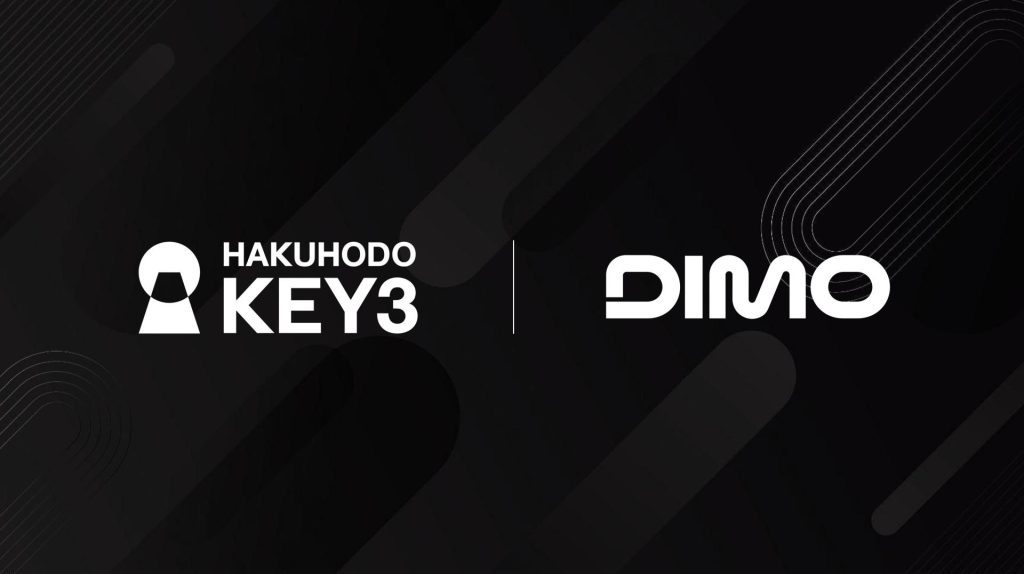
8 months ago
HAKUHODO KEY3 Partners with DIMO to Revolutionize Automotive Data in Japan
On February 26th, 2025, HAKUHODO KEY3 Inc., based in Tokyo, announced a strategic partnership with the DIMO Foundation to enhance the connected car experience in Japan. This collaboration aims to develop innovative products and services utilizing blockchain technology within the automotive sector. DIMO, a DePIN (Decentralized Physical Infrastructure Network) project founded in the US, focuses on addressing challenges in the automotive industry by creating a decentralized ecosystem that interlinks digital and physical infrastructures. This partnership signifies a significant step towards integrating web3 technology into the automotive landscape in Japan.
DIMO's Co-Founder, Alex Rawitz, emphasized the importance of collaboration in building a connected vehicle future, stating that HAKUHODO KEY3's extensive connections within the automotive industry make them an ideal partner. The partnership is expected to facilitate the implementation of DIMO's platform in Japanese vehicles, allowing drivers to connect their cars to a data ecosystem. This initiative aims to provide users with greater control over their vehicles and data, enhancing privacy while creating new services and economic opportunities.
HAKUHODO KEY3's CEO, Toshinori Shigematsu, expressed enthusiasm for the collaboration, highlighting the potential of DIMO's technology to drive mass adoption of web3 solutions. As the automotive industry evolves, this partnership represents a pioneering effort to merge traditional automotive practices with cutting-edge blockchain innovations. Both companies are committed to fostering a seamless integration of web3 technologies, ultimately aiming to improve customer experiences and contribute to the growth of the automotive market in Japan.
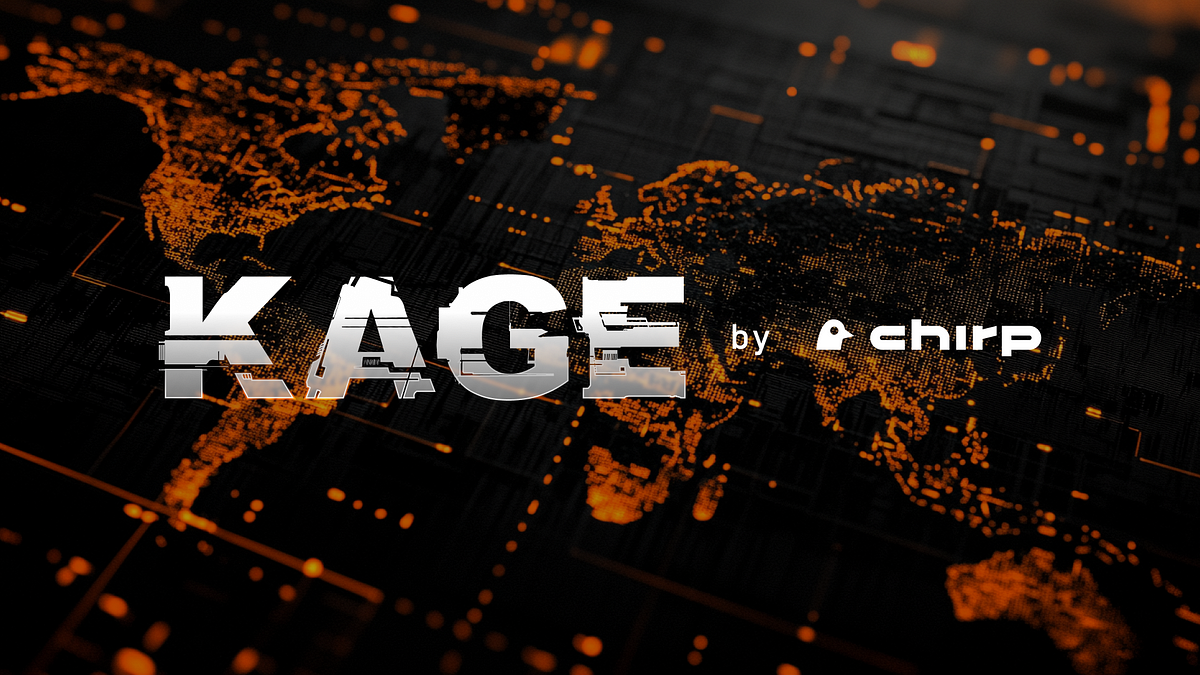
8 months ago
Kage App: Revolutionizing Geolocation with DePIN Technology
The Kage App by Chirp is making waves in the Web3 gaming landscape as the world's first DePIN (Decentralized Physical Infrastructure Network) game with real-world utility. Users can earn rewards by contributing to a crowdsourced geopositioning database, which has already seen impressive engagement. In just three months, from November 2024 to February 2025, users have scanned over 2 billion unique networks, including 481 million Wi-Fi hotspots and 25 million cell towers. This rapid growth starkly contrasts with traditional Web2 competitors like WiGLE, which took 19 years to reach a mere 551 million networks.
The foundation of Kage lies in the concept of wardriving, where users scan for wireless networks while moving through an area. Chirp has gamified this activity, transforming it from a niche practice into a community-driven initiative that builds a decentralized location database capable of replacing GPS in various applications. Unlike many Play-to-Earn games that lack real utility, Kage focuses on creating a geolocation system that can function effectively without reliance on GPS, particularly in areas where traditional systems fail, such as indoors or during GPS jamming.
Chirp's geolocation database leverages various wireless signals, including Wi-Fi, cell towers, and Bluetooth, to estimate device locations. This innovative approach not only enhances navigation in challenging environments but also opens up new possibilities for applications in military, IoT, and child safety. As Chirp continues to expand its database, it is poised to capture a significant share of the projected $472 billion GPS market by offering a decentralized and more efficient alternative. Kage is not merely a game; it represents the dawn of a new era in location technology, emphasizing community involvement and real-world applications in the process.
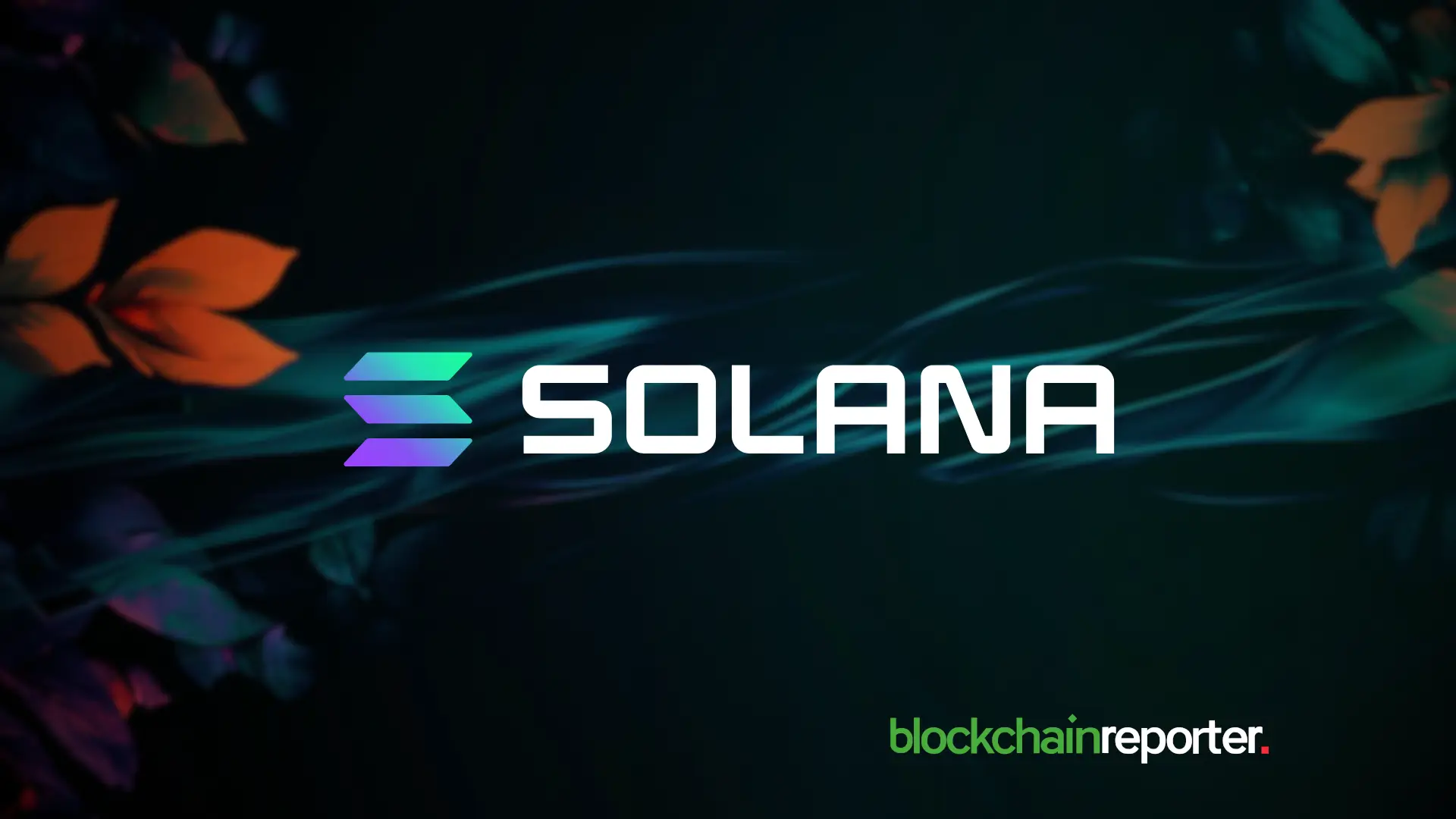
8 months ago
Coldware (COLD) Aims for $200 Million Presale, Challenging Solana in DePIN Sector
Coldware (COLD), an emerging Layer-1 blockchain project, is making waves in the decentralized infrastructure (DePIN) sector with plans to raise $200 million in its presale. This ambitious funding goal positions Coldware as a potential leader in Real-World Asset (RWA) tokenization and Web3 infrastructure, directly competing with established platforms like Solana. The project aims to leverage its scalable technology and the newly introduced DePIN Mobile initiative to facilitate massive adoption and transform how assets are tokenized and managed on the blockchain.
One of the standout features of Coldware is its DePIN Mobile initiative, which seeks to revolutionize Web3 mobile devices. Unlike traditional blockchain networks that focus primarily on decentralized finance (DeFi) and non-fungible tokens (NFTs), Coldware is creating a framework that integrates seamlessly with mobile technology. This innovative approach aims to enable secure peer-to-peer communication, decentralized storage, and real-time on-chain applications, all while eliminating the need for centralized cloud services. By utilizing a high-speed consensus mechanism, Coldware is set to process transactions more efficiently than existing Layer-1 networks, attracting the attention of institutional investors and tech firms.
As Coldware's presale unfolds, it is drawing significant interest from venture capital firms and institutional investors who are eager to tap into the $10 trillion market for tokenized real-world assets. The project’s unique proposition allows for the fractional ownership of various physical assets, creating new investment opportunities for both retail and institutional players. While Solana faces challenges with liquidity and declining decentralized exchange activity, Coldware is rapidly building a robust ecosystem that could redefine the DePIN and RWA sectors. Investors are keenly observing this presale, as its success could herald one of the most disruptive blockchain projects of the decade.
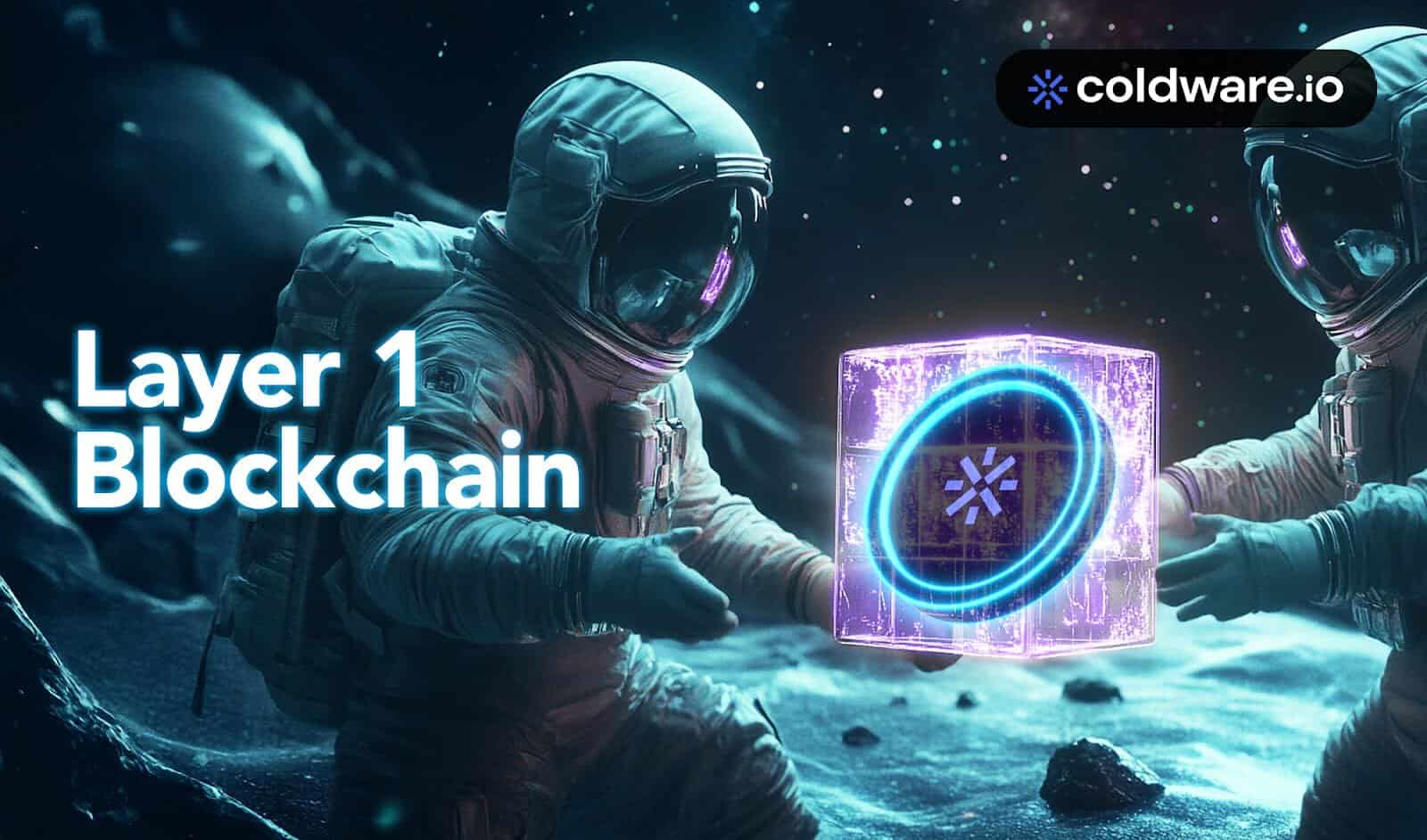
8 months ago
Coldware and Render: Key Players in the DePIN Sector
The decentralized physical infrastructure network (DePIN) sector is witnessing significant developments, particularly with two standout projects: Coldware (COLD) and Render (RENDER). Coldware is redefining the integration of blockchain with real-world asset (RWA) tokenization and payment finance infrastructure, while Render focuses on revolutionizing distributed GPU rendering. As the Web3 landscape evolves from mere speculation to practical applications, both projects are positioned for substantial growth, potentially achieving a remarkable 5000% surge in the coming years.
Coldware (COLD) is at the forefront of the next evolution in DePIN and Web3 utility, expanding its influence beyond GPU distribution. It is introducing blockchain-integrated hardware devices, such as smartphones and digital wallets, aimed at creating a decentralized financial ecosystem. This innovative approach not only enhances the utility of blockchain technology but also facilitates the tokenization of RWAs and the development of PayFi solutions, which are essential for mainstream adoption.
On the other hand, Render (RENDER) has established itself as a leader in decentralized GPU computing, connecting digital artists and developers with distributed GPU power. By allowing users to monetize their idle GPU resources in exchange for RENDER tokens, the platform has garnered significant partnerships with major industry players. However, as competition within the DePIN ecosystem intensifies, Coldware's comprehensive infrastructure model may provide it with a competitive edge. The question remains whether Coldware will surpass Render in the anticipated 5000% growth, as it integrates blockchain into everyday life, potentially driving the next wave of decentralized adoption.
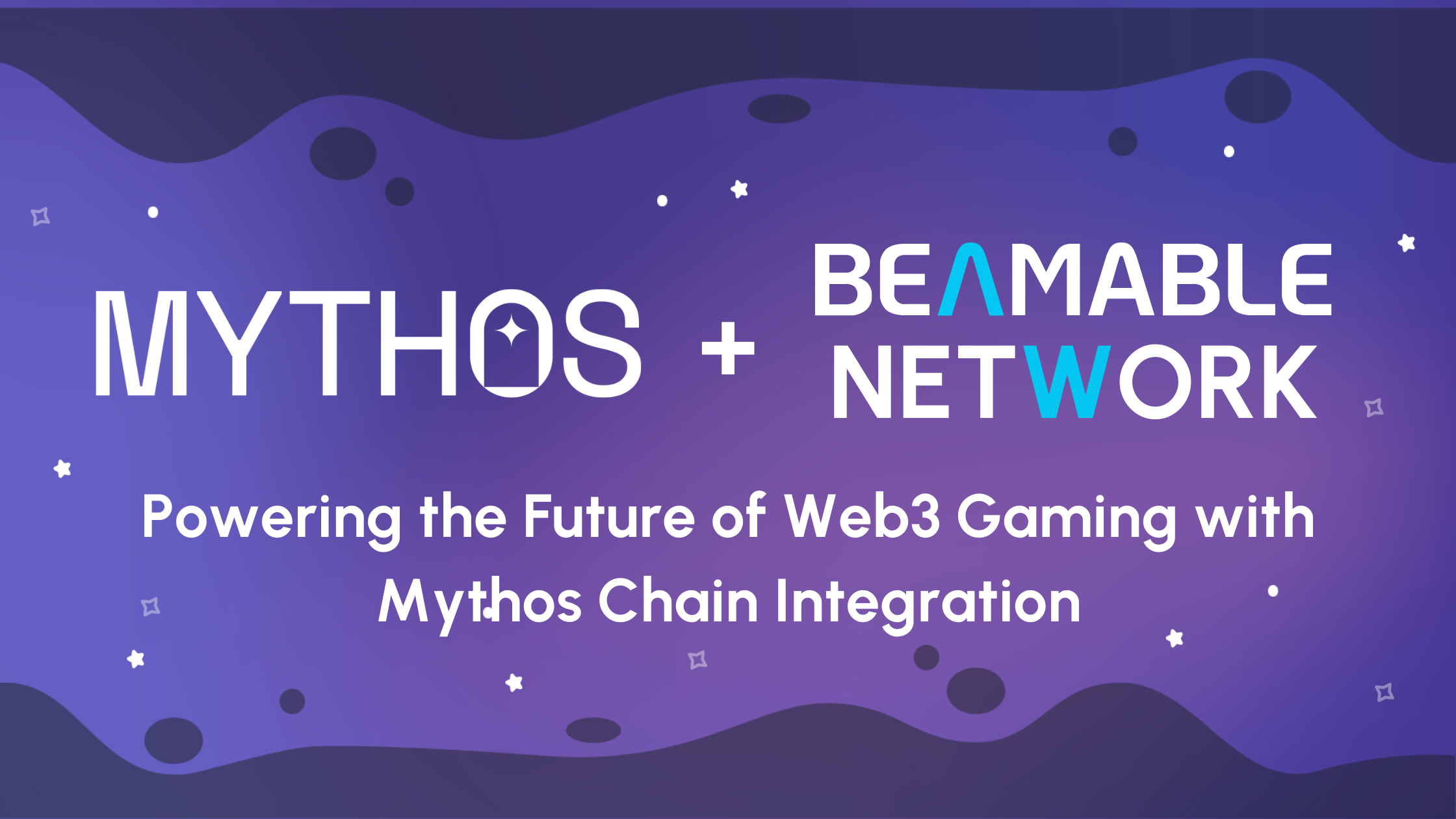
8 months ago
Beamable Integrates Mythos Chain for Enhanced Web3 Gaming Experience
Web3 gaming is experiencing rapid evolution, necessitating developers to have access to scalable and decentralized infrastructure that can support immersive, player-driven economies. In response to this demand, Beamable Network has announced its native support for Mythos Chain, providing developers with an out-of-the-box solution for seamless integration of Mythos tokens. This initiative, unveiled at ETH Denver 2025 and backed by Scytale Digital, aims to leverage Polkadot's scalability and interoperability to enhance the capabilities of game developers in the Web3 space.
The integration of Mythos, a Polkadot-based chain, offers game developers the speed, security, and cross-chain compatibility essential for creating next-generation Web3 games. By incorporating native support for Mythos tokens, Beamable simplifies the blockchain implementation process, allowing studios to effortlessly launch and scale their Web3-powered game economies. Jon Radoff, CEO of Beamable, emphasized that this integration will eliminate complexity and empower studios to create engaging and player-driven economies that redefine ownership and interaction in gaming.
Developers utilizing the Beamable SDK for Mythos will benefit from various features, including seamless support for Mythos tokens, plug-and-play blockchain integration, and scalable monetization solutions. To further discuss the future of Web3 game development, Jon Radoff and John Linden, CEO of Mythical Games, will host a live discussion on February 26. They will cover topics such as the vision behind the Mythos SDK integration, the advantages of Polkadot infrastructure for game developers, and strategies for onboarding traditional game developers into the Web3 ecosystem. With this collaboration, Beamable is set to make decentralized gaming more accessible and scalable than ever before.

8 months ago
Filecoin Ecosystem Set to Benefit from New US Dollar-Denominated Stablecoin
Recent research from 10X Research highlights the potential advantages of introducing a US Dollar-denominated stablecoin within the Filecoin ecosystem. As one of the fastest-growing platforms in Web3, Filecoin is poised to unlock significant value within its decentralized file storage network. The study emphasizes the importance of establishing a publicly open, peer-built lending market and a liquid source of on-chain Dollars, particularly as the data stored on Filecoin increasingly fuels the AI revolution. The anticipated stablecoin is expected to enhance user adoption, liquidity, and stability, similar to the impact DAI had on Ethereum's DeFi markets.
The report outlines several key benefits of the proposed stablecoin, which is being developed by Secured Finance and named USDFC. By allowing transactions in US Dollars, the stablecoin aims to make Filecoin's platform more accessible to a broader audience, eliminating the need for users to transact in FIL. Furthermore, it would open up new opportunities for leveraging loop trading, carry trades, and fixed-income instruments within the Filecoin ecosystem. Secured Finance's CEO, Masa Kikuchi, expressed optimism about the potential for innovation and growth within the Filecoin ecosystem, drawing parallels to the success of DAI, which saw its backing ETH tokens grow significantly shortly after launch.
The introduction of USDFC could significantly alter the trajectory of the Filecoin project, fostering a more robust financial ecosystem. With the backing of Secured Finance and the insights from 10X Research, the Filecoin community is encouraged to embrace this development as a step towards greater financial inclusion and innovation in decentralized finance. As the landscape of digital assets continues to evolve, the potential for Filecoin to become a key player in the DeFi space is becoming increasingly apparent.
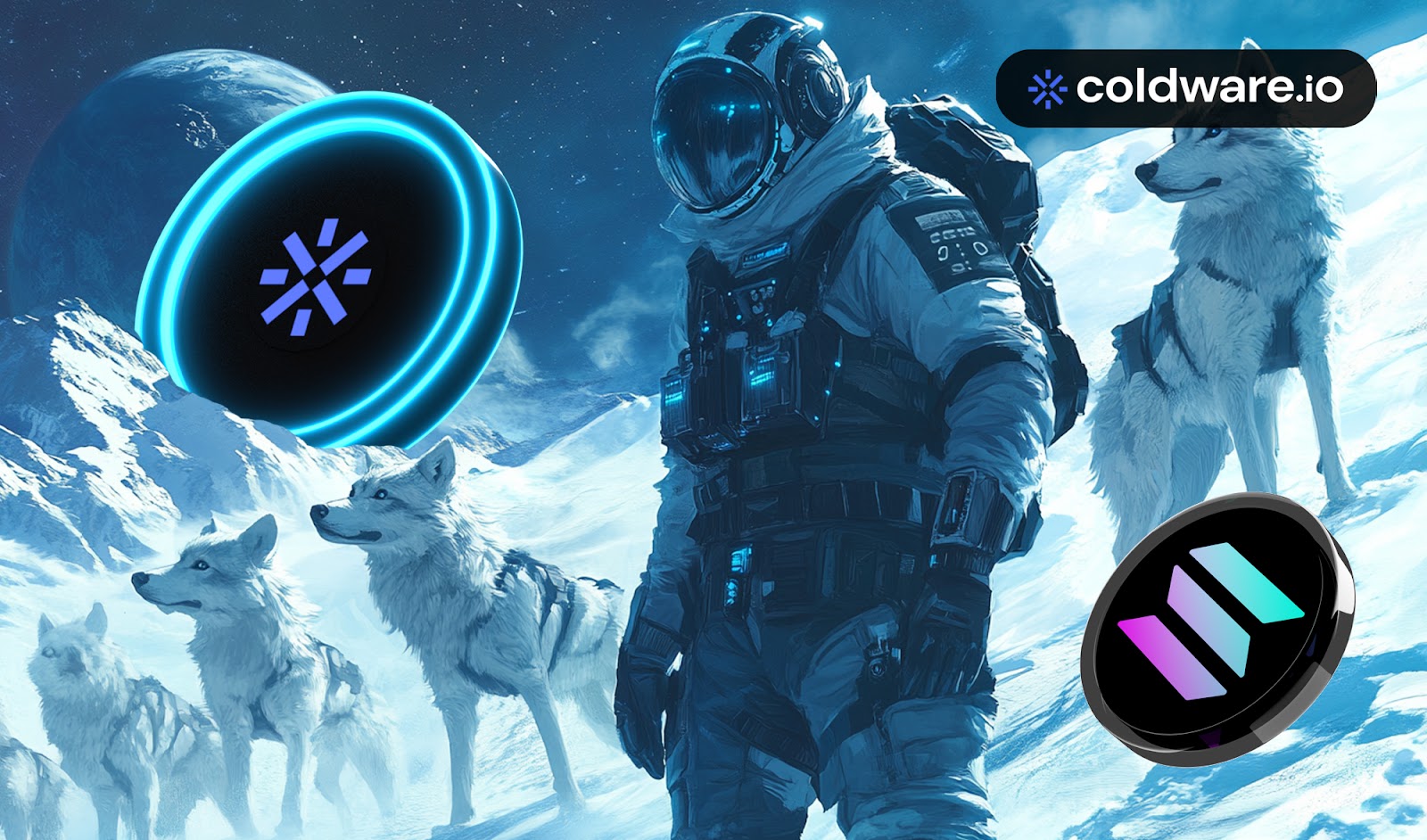
8 months ago
Coldware Emerges as a Strong Contender Amid Solana's Market Struggles
Coldware (COLD) has recently gained significant attention in the decentralized infrastructure space, particularly as Solana (SOL) faces a turbulent market environment. The price of Solana has dropped by 13.49%, primarily due to an impending $2.5 billion token unlock scheduled for March, which has heightened bearish sentiment among investors. Analysts warn that if Solana fails to maintain its crucial support level at $155, it could see further declines to around $133, and potentially below $100. Despite these challenges, some traders remain optimistic about Solana's long-term prospects, believing that a breakout could lead to a new bull run.
In contrast, Coldware is positioning itself as a strong competitor within the Decentralized Physical Infrastructure Network (DePIN) sector. Its innovative integration of AI security, IoT applications, and DeFi staking has attracted interest from investors seeking real-world applications beyond mere speculation. As Solana struggles with network congestion and governance issues, Coldware's unique approach is drawing capital away from Solana, with many traders viewing it as a promising alternative in the decentralized infrastructure landscape.
Additionally, Sonic (S) has recently surpassed the $1 billion Total Value Locked (TVL) milestone, showcasing its rapid growth in the DeFi ecosystem. However, it has also faced price instability, experiencing a 17% decline after reaching a weekly high. Analysts are cautious, noting potential bearish patterns in Sonic's price chart. As market uncertainty prevails, Coldware's focus on practical applications is resonating with developers and institutional investors, positioning it as a key player in the evolving blockchain infrastructure space, especially as Solana's momentum falters.

8 months ago
Multicoin Leads $8 Million Investment in Geodnet's Hyper-Accurate Location Network
In a significant development within the blockchain and geospatial technology sectors, crypto investment firm Multicoin has spearheaded an $8 million acquisition of GEOD tokens. This investment is aimed at supporting Geodnet, a project that offers a hyper-accurate alternative to traditional GPS systems. Geodnet operates under the decentralized physical infrastructure networks (DePIN) model, which incentivizes individuals to host physical infrastructure, thereby creating a robust mapping service that can deliver location data with centimeter-level precision. Over the past year, the demand for Geodnet's services has surged, leading to a doubling of its token value, reflecting the project's growing relevance in various industries.
Geodnet's technology is particularly beneficial for sectors that require precise location data, such as agriculture and robotics. According to project lead Mike Horton, the existing GPS systems fall short for applications like farming drones and industrial robots, which need location accuracy down to the size of a golf ball. With nearly 14,000 base stations already operational, Geodnet is outpacing competitors by a significant margin, having established more stations in two years than others have in two decades. This rapid scaling is attributed to the DePIN model, which alleviates the financial burden of deploying infrastructure by allowing individuals to earn GEOD tokens through hosting base stations.
The strategic investment from Multicoin is seen as a pivotal move to enhance the capabilities of technologies reliant on precise geospatial data, including self-driving vehicles and delivery drones. Geodnet is currently generating over $3 million in annual recurring revenue and is targeting expansion into markets like India and South America, particularly within the agricultural sector. As the demand for accurate location services continues to grow, Geodnet's innovative approach positions it as a key player in the evolution of geospatial technology and its applications in automation and robotics.

8 months ago
Qubetics Emerges as a Game-Changer in the Crypto Space
The crypto landscape is witnessing significant advancements with projects like Arweave and AAVE leading the charge. Arweave is gaining traction for its innovative approach to permanent data storage, providing a decentralized solution that ensures data remains accessible and unaltered indefinitely. This model is attracting attention from major organizations looking to archive crucial information without the risk of censorship or data loss. Meanwhile, AAVE continues to solidify its position in decentralized finance (DeFi) by enhancing its lending and borrowing protocols, expanding its ecosystem across multiple blockchains, and implementing robust security measures to protect users from market volatility.
Emerging as a formidable contender in this space is Qubetics ($TICS), touted as the world's first Web3 aggregator. This project aims to simplify blockchain development through its unique QubeQode IDE, which allows developers and businesses to create decentralized applications with ease. By unifying the best features of various blockchains, Qubetics is not only making crypto more accessible but also positioning itself as a potential game-changer with its presale already raising over $13.9 million. Investors are eagerly eyeing this opportunity, with predictions suggesting that the token price could soar significantly by the time of its mainnet launch in Q2 2025.
As the crypto market evolves, the competition among these projects intensifies. Arweave's focus on permanent data storage and AAVE's innovations in DeFi are commendable, but Qubetics' approach to bridging the gap between traditional businesses and blockchain technology could set it apart. With its groundbreaking QubeQode IDE and a promising presale, Qubetics is emerging as a frontrunner for those seeking high-potential investments in the crypto space. As the industry continues to grow, it will be intriguing to see which project ultimately leads the next wave of innovation and investment opportunities.
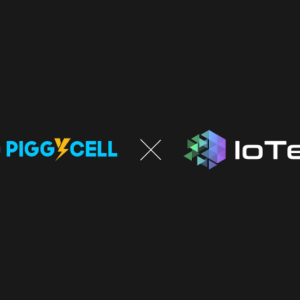
9 months ago
Piggycell Partners with IoTeX to Enhance Decentralized Charging Network
In a significant development for the decentralized energy sector, Piggycell has announced a strategic partnership with IoTeX, aimed at integrating IoTeX's DePIN technology with Piggycell's extensive charging network. This collaboration is set to enhance connectivity, improve user experience, and foster innovation within the decentralized charging ecosystem. By incorporating IoTeX's DePINscan and ioID into its platform, Piggycell will benefit from increased transparency, security, and efficiency in managing its network of over 13,000 charging hubs and 100,000 batteries across South Korea.
The partnership marks a pivotal moment in merging blockchain technology with real-world infrastructure. IoTeX's modular approach to DePIN allows Piggycell to utilize advanced blockchain tools, facilitating a reciprocal deal pipeline, resource-sharing, and joint marketing efforts. This integration aims to enhance platform interoperability, introduce mutual incentive programs, and leverage secure transactions through DePINscan and ioID. The collaboration not only aims to improve user engagement but also to expand brand awareness through coordinated marketing initiatives.
As Piggycell dominates the South Korean mobile charging market with a 90% market share and over 4 million active users, the integration of IoTeX's DePIN modules is expected to enhance operational efficiency and create new revenue models, such as tokenized energy credits and Web3-native loyalty programs. With a growing interest in decentralized physical infrastructure networks, this partnership positions both Piggycell and IoTeX at the forefront of the energy revolution powered by Web3 technologies.
Signup for latest DePIN news and updates